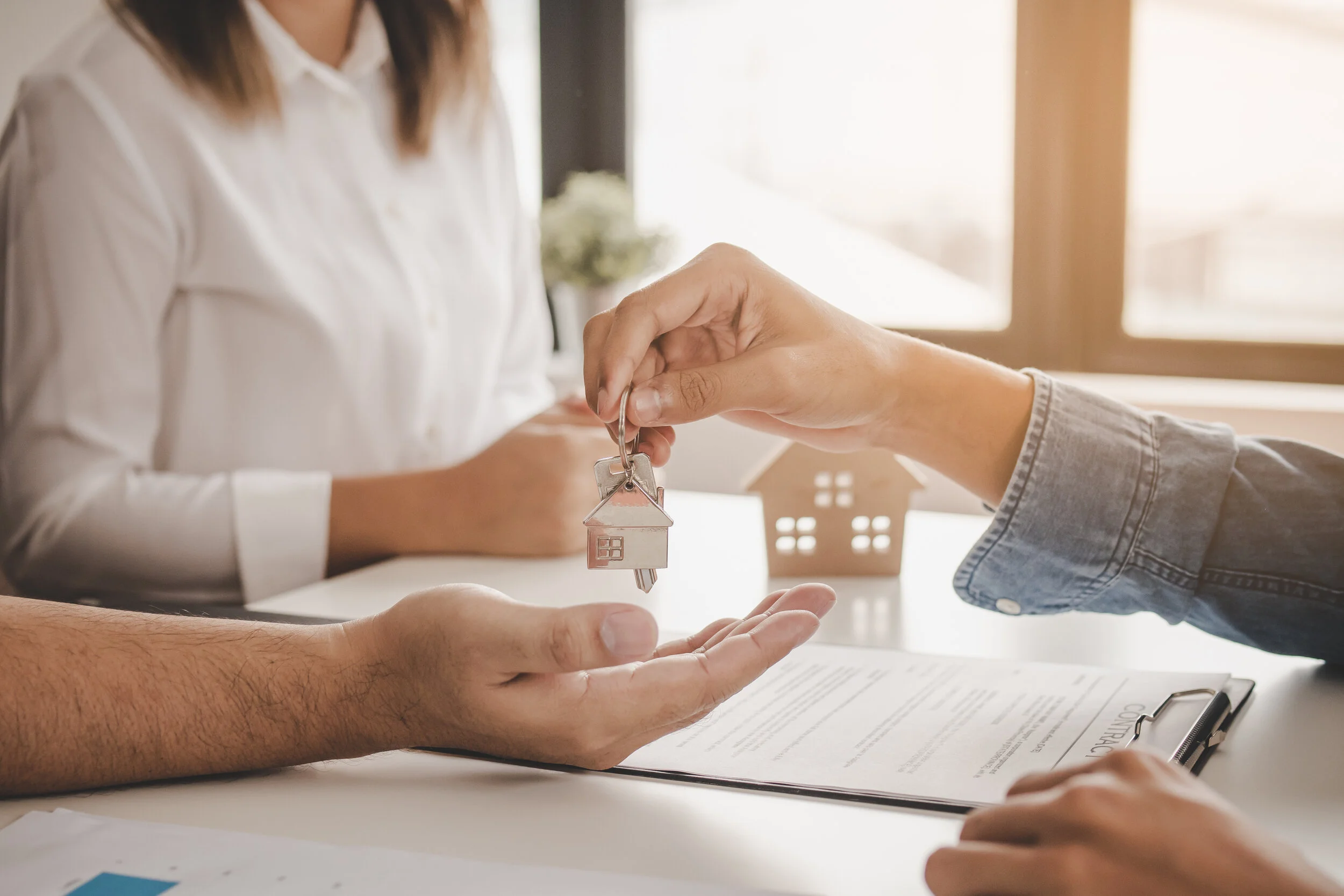How to Improve Landlord-Tenant Relationships
Facing all the challenges of the COVID-era, landlord-tenant relationships are more important than ever. Maintaining positive relationships can spare you all kinds of problems like lost rent and even eviction proceedings.
But how can you as a landlord navigate all the tricky situations that fall in your lap to ensure that your tenants have a good experience? After all, keeping these relationships positive can smooth even the most contentious of circumstances.
Improving your interactions with your tenants can directly build value in your business and take stress off your life, so consider these best practices for better relationships.
Follow the Rules
The tenant-landlord relationship is a business and legal one. This means that there are rules and regulations that define elements of what you do and how you can interact with your tenants.
A good example of this is a law dictating that you have to provide 48-hours of notice before entering a tenant-occupied property. By being aware of such a law, you can then communicate needs and share information with your tenant in a way they will appreciate and recognize as typical.
Additionally, it is paramount that you avoid any kind of discrimination. Not only will discriminatory practices—even accidental ones—damage your relationship with renters but renters are legally protected from such actions under Fair Housing laws.
Treat your tenants well regardless of race, national origin, religion, sex, ability, or any other factor. Then, keep up-to-date on all state and local ordinances. Following the rules is a great first step in showing tenants you are trustworthy and professional, the building blocks of a successful business relationship.
Communicate Effectively
But no relationship can continue to be successful without effective communication. This is the most important part of being a landlord. After all, the information you’re working with affects a tenant’s living space and so any inconvenience carries significant consequences.
Clear and transparent communication is a must when working in real estate. This means being accessible to tenants, putting out notices where tenants will see them, and directly and personally addressing tenant concerns.
Here are a few strategies you can use to become a more effective communicator:
Be an active listener.
Be responsive and accessible.
Use tenants’ preferred methods of communication.
Maintain a policy of honesty and transparency.
Restate tenant concerns so they feel heard and collaborate with them on solutions.
Communication can be difficult. In property management, tempers can get hot due to the personal nature of a living space. To maintain successful tenant-landlord relationships even when doling out bad news, you need to first be clear and honest, then listen to and assuage the tenant’s fears.
In these pandemic times, effective communication is especially important in addressing any late rent or payment plan needs. Show your tenants you are open to help however you can, and invite transparent discussion. Technology can help.
Use Technology to Improve Your Accessibility
Right now, being a landlord can be easier than ever if you apply the right tools. Software and mobile applications are all over the digital marketplace, ready to help you manage your properties. These tools can streamline everything from rent collection to managing maintenance.
Improve your accessibility through these dedicated software platforms. Tenant portals, for example, can give your renters one convenient dashboard for submitting payments, maintenance requests, or questions. Meanwhile, having a singular place to house your financial and property data can help you track all your important information.
You can even expand your accessibility to social media, making it easy for your tenants to communicate with you on platforms they use anyway. But no matter what tools you use, remember to be responsive. If you don’t respond quickly on the designated systems you’ve chosen for communication, your tenants will stop using them.
Be Open, Honest, and Transparent
By following these strategies, you maintain much more positive landlord-tenant relationships based around mutual trust and respect for the agreement both you and your renters have made. Cultivating successful tenant experiences depends on effective communication. Technology will help you get there.
So be accessible, listen actively, and share all the necessary details with your renters and stakeholders. Then, you can build engaging and mutually successful tenant-landlord relationships that make the job truly rewarding.
For more information on property management and real estate investment, contact 208.properties or find us on social media.




